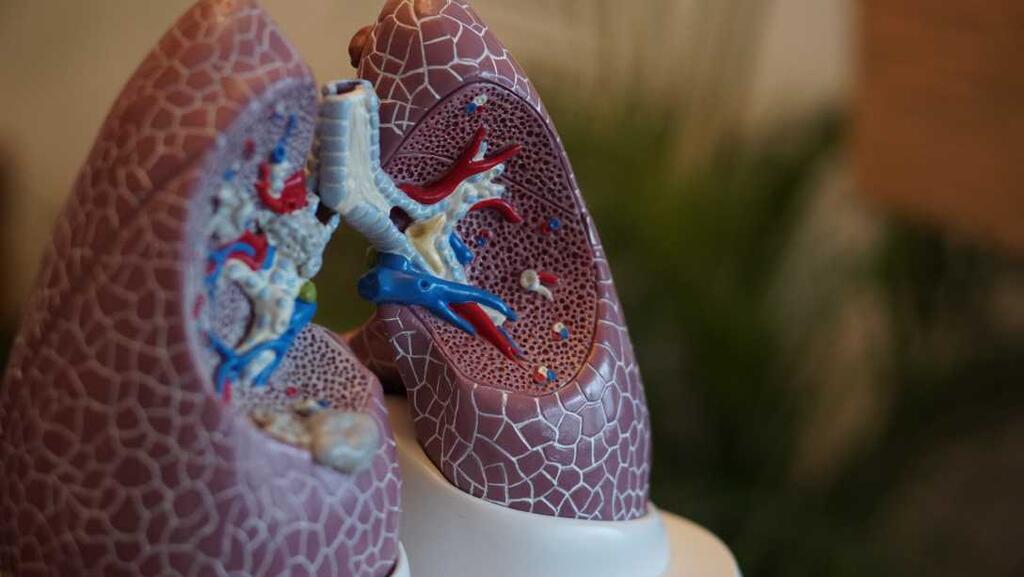SCAPIS AI platform
The SCAPIS AI platform aims to create a secure research environment with access to the relevant infrastructure, tools, and processes for AI development, initially on the basis of image data from SCAPIS.

Purpose
The SCAPIS AI platform aims to create a secure research environment with access to the relevant infrastructure, tools, and processes for AI development, initially on the basis of image data from SCAPIS.
Background
The aim of the Swedish CArdioPulmonary bioImage Study (SCAPIS) is to predict and prevent cardiovascular disease (CVD) and chronic obstructive pulmonary disease (COPD). The goal is to further develop individualized treatment and improve health care by building a nationwide, open-access, population-based cohort.
SCAPIS is a unique study that has recruited and investigated 30,000 men and women aged 50 to 64 years with detailed imaging and functional analyses of the cardiovascular and pulmonary systems.
The main funder of SCAPIS is the Swedish Heart-Lung Foundation with considerable support from Knut and Alice Wallenbergs Foundation, Vinnova, The Swedish Research Council and the participating Universities and University Hospitals.
There is a significant need for secure access to high-quality medical data and powerful computing resources to allow for the research and development of AI solutions which will lead to more individualized care, improved diagnostics, and more predictive measures. SCAPIS is a unique Swedish population study funded by the Swedish Heart-Lung Foundation which has evaluated the condition of the hearts and lungs of 30,000 randomly selected men and women aged between 50 and 64. The objective of the SCAPIS study is to be able to identify individual risks of, for example, stroke, COPD, sudden cardiac arrest, myocardial infarction, and other heart diseases. The aim is to acquire much greater knowledge of the origins of the disease in order to be able to prevent it before it occurs.
The SCAPIS database contains a set of data that is the only one of its kind in the world. In Sweden, there are several other collections of high-quality medical data where AI can give a better understanding of disease and, importantly, identify possible predictive and preventive measures.
The problem is that medical data is sensitive by its very nature. It is often essential to follow up with individual patients in the future, which means that data cannot always be anonymized. Therefore, it must be possible to carry out the research without putting personal integrity at risk. In this area, we are looking at two different solutions. One is a secure, enclosed environment for AI development and the other involves the generation of synthetic data that corresponds to the SCAPIS images without being actual images. The technology behind deepfake videos will be used to generate new medical images that can be shared more openly.
Facts
The project is led by the Sahlgrenska Academy at the University of Gothenburg. Other partners in the project are Analytical Image Diagnosis Arena (AIDA) at Linköping University and AI Sweden.
Contact


